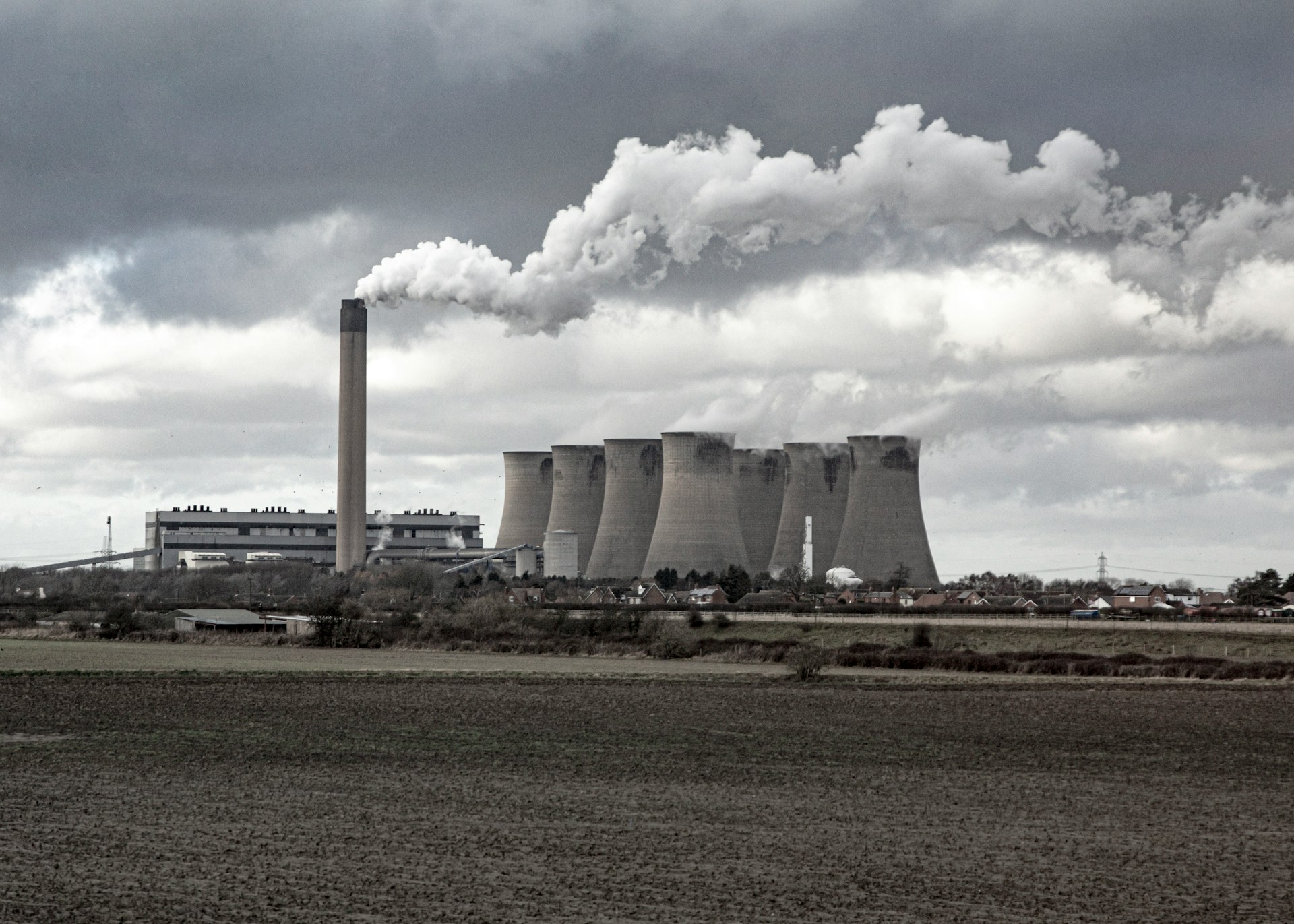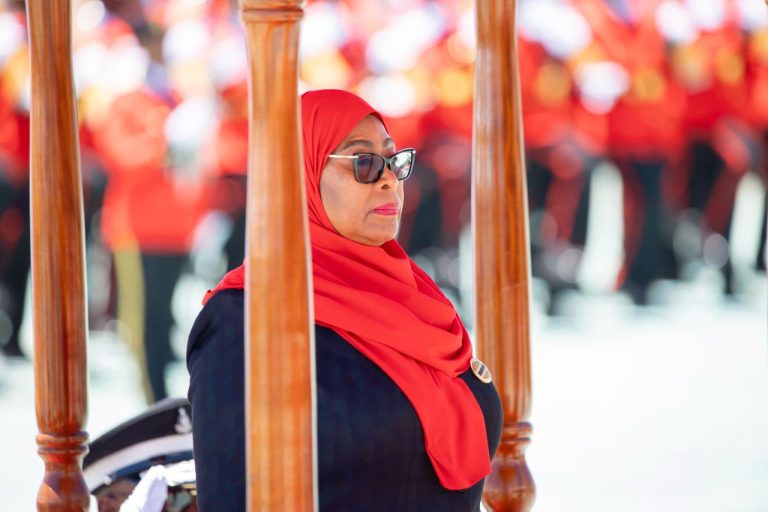- Niger signs deal with Russia’s Rosatom to build nuclear power plant
- Move could boost Moscow’s influence in the Sahel
NIAMEY, NIGER – Niger has signed an agreement with Russia’s Rosatom to build its first nuclear power station, a project that could strengthen Moscow’s foothold in the region.
For decades, Niger has exported uranium to fuel French reactors while relying on imported electricity, mainly from Nigeria.
That imbalance may soon change after Niger’s ruling junta nationalised mines once run by French company Orano and turned to Russia as its new strategic partner.
Resource nationalism and energy security
“The idea of using Niger’s uranium to give its people electricity is a clever move that resonates with the growing sentiment for resource nationalism across Africa,” said Yusuf Hassan, a lecturer in international relations at Nile University in Abuja. “It is also disruptive because it alters the energy options available in West Africa.”
Under the memorandum signed in late July, Rosatom will build and operate the facility while training Nigerien engineers and technicians to eventually take over.
The deal mirrors similar negotiations Russia is pursuing with military governments in Burkina Faso and Mali, both members of the Alliance of Sahel States alongside Niger.
The proposed nuclear plant would add to a regional energy mix still dominated by fossil fuels – petrol, diesel and natural gas – alongside hydroelectric, solar and wind power. If successful, Niger could not only meet its own electricity needs but also export surplus power into the West African Power Pool, a clearing house for the nascent regional market.
Russia’s growing African footprint
The agreement bolsters Rosatom’s already extensive African presence. The state-owned company has signed cooperation deals with about 20 countries, including Nigeria, Ghana, Senegal and Benin, but few have yet produced operational plants.
“Niger just flipped the nuclear chessboard in favour of Russia,” said John Galt, a London-based markets analyst. “Whoever controls Niger’s uranium controls the leverage.”
Analysts warn that the plan may face the same delays that have plagued Rosatom’s projects elsewhere on the continent. Yet the symbolism of the deal – Moscow helping Niamey harness uranium for domestic power after decades of exporting it to Europe – marks a significant geopolitical shift in the Sahel.











